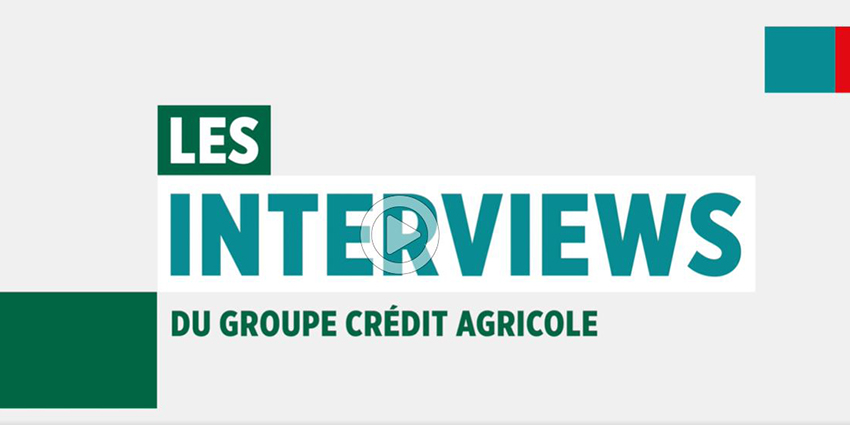Eric Campos, Fondation Grameen Crédit Agricole
In 2021, the Grameen Crédit Agricole Foundation supported 81 microfinance institutions and social enterprises in 37 countries. In the context of the Covid-19 crisis, the Foundation supported its partners with funding and technical assistance. Spotlight on the interview with Eric Campos, Managing Director of the Foundation and CSR Director of Crédit Agricole SA.
How did you support microfinance institutions?
Contrary to what we thought, the entire year of 2021 was marked by the Covid crisis and the economic effects and measures taken by the States to protect the population. The Foundation therefore intervened in three ways with the partners. First, we have maintained a fairly high volume of financing, with 45 million Euros lent to microfinance institutions. We also granted deferrals, to give institutions a break, to allow them to deal with their own deferrals that they granted to their beneficiaries. Finally, we have increased our capacity, our coordination in terms of technical assistance since, and this is a record, we have coordinated 130 technical assistance missions, mainly to support institutions in terms of risks, counterparty risks, strengthening their risk team, their organisation, and also in terms of managing their cash flow.
How is the microfinance sector doing at the end of 2021?
2020 was a Covid year and the institutions coped, knew how to deal with this systemic crisis. 2021 has been tougher. They had been a little exhausted by this first year of 2020 and they had to pursue their efforts, their resistance. And therefore, the Foundation was indeed able to support these institutions, but some difficult cases appeared for which it was necessary to grant not only deferrals but also restructurings.
It is important to say that the entire microfinance sector, foundations, investment funds, were able to talk to each other to provide the best possible support to the institutions that were experiencing the most significant difficulties. The sector is still resilient. It is an attractive sector. We can say that it has faced this systemic crisis with a resilience that was probably even greater than what we thought.
What is the Foundation’s agenda for 2022?
2022 will be the year of preparation for our 2022-2025 medium-term plan. It will hinge on this climate crisis that is hitting the Foundation’s areas of intervention hard.
Better support rural populations, strengthen their economic resilience, in the aftermath of an extremely serious economic crisis; this will be the first axis on which we will work. And the second one is to support the most vulnerable populations, those who have also suffered from this economic crisis and who need us to be able to support them in accessing financing, in the development of income generating activities. These will be the two pillars of our 2022-2025 medium-term plan.

